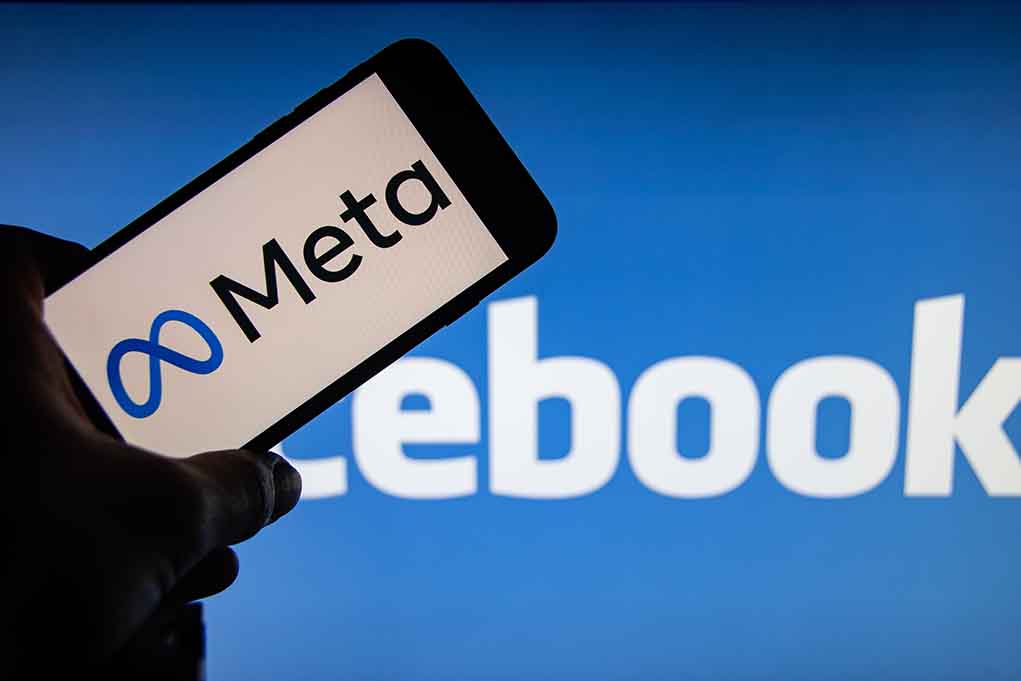
Mark Zuckerberg unleashes a candid critique of America’s higher education system, while delivering a stern warning about the arrogance pervading both media elites and technology companies.
Top Takeaways
- Zuckerberg calls the current college system “one of the biggest scams in America” and predicts a coming “reckoning” over student debt and inadequate job preparation.
- He criticizes media elites for underestimating ordinary people’s intelligence and decision-making abilities.
- Meta’s founder warns tech companies that assuming they know better than their users will lead to failure and irrelevance.
- Zuckerberg defends individual autonomy, arguing that people can generally make good decisions for themselves without elitist oversight.
- Meta recently announced the end of its fact-checking practices to promote free expression on its platforms.
The College “Scam” and Coming “Reckoning”
In a surprisingly candid conversation with comedian Theo Von, Facebook founder Mark Zuckerberg issued a stark warning about what he views as fundamental problems with America’s higher education system. Zuckerberg, who famously dropped out of Harvard to build what would become one of the world’s most valuable companies, questioned whether traditional college education remains relevant in today’s rapidly evolving job market. He highlighted growing concerns about the disconnect between expensive degrees and actual workforce preparation.
“I’m not sure that college is preparing people for, like, the jobs that they need to have today,” said Zuckerberg.
Zuckerberg didn’t mince words about the financial burden placed on students, suggesting that the combination of skyrocketing tuition costs and questionable returns on investment could not continue indefinitely. The tech titan’s prediction was unambiguous: “There’s going to have to be a reckoning.” His comments reflect growing national concern about the $1.7 trillion in collective student loan debt carried by Americans, many of whom struggle to find employment matching their educational investment.
Media Elitism and Public Intelligence
During the wide-ranging discussion, Zuckerberg shifted his criticism toward media elites, who he believes fundamentally misunderstand and underestimate ordinary people. He challenged the prevailing narrative that attributes public disagreement with establishment positions to misinformation or stupidity. Instead, Zuckerberg proposed a simpler explanation: media figures often fail to grasp the real-world circumstances and priorities of average citizens.
“I’m just like, I’ve always been a person who really kind of believes that people understand—people are smarter than people think, and I think in general are able to make good decisions for their lives, and when they do things that like the media or whatever thinks don’t make sense; it’s generally because the media doesn’t understand their life, not because the people are stupid,” Zuckerberg explained.
This perspective aligns with Meta’s recent announcement ending its fact-checking practices and lifting speech restrictions on its platforms. The decision has drawn criticism from groups advocating for more robust fact-checking to prevent “misinformation”, but Zuckerberg defended the move as part of a broader commitment to respecting users’ autonomy and intelligence. He specifically called out “sensationalist” media coverage that he believes distorts the public’s understanding of social media’s impact.
🔥Can’t make this up. Zuckerberg discussed being CALLED A ROBOT …On Theo Von ..“ When people do things the media thinks don’t make sense it’s because the media doesn’t know their life and not because they are stupid” …Meanwhile he spent millions against Trump and helped censor… pic.twitter.com/oHs9puCDuB
— Johnny St.Pete (@JohnMcCloy) April 28, 2025
Tech Industry Arrogance and User Respect
Perhaps most surprisingly, Zuckerberg turned his critical lens on his own industry, warning fellow tech leaders against the perils of paternalism and arrogance. He emphasized that a product’s success isn’t determined by industry acclaim or theoretical elegance but by whether actual users find it useful and choose to incorporate it into their lives. This user-centered philosophy, Zuckerberg suggested, has been forgotten by many technology companies that presume to know better than their customers.
“Whenever we adopt the attitude of, ‘Oh, we must know better than them because we’re the ones building technology,’ that’s when you lose. If you have that attitude for long enough then you just, like, become a sh—y company, and you lose, and you lose, and you lose, and then you’re irrelevant,” Zuckerberg stated.
The Meta CEO’s warnings come as his company implements significant changes to its approach to content moderation and user autonomy. In contrast to his earlier positions on content oversight, Zuckerberg now champions individual autonomy and the belief that people generally have the capacity to discern valuable information from misinformation without heavy corporate intervention. This philosophical shift represents a substantial change in Meta’s approach to platform governance and user freedom.
















